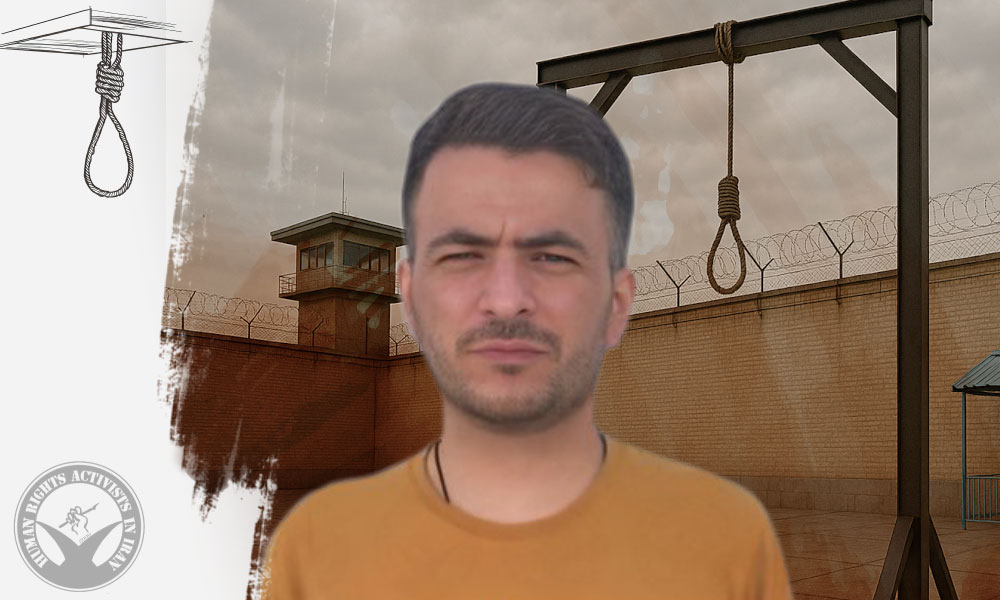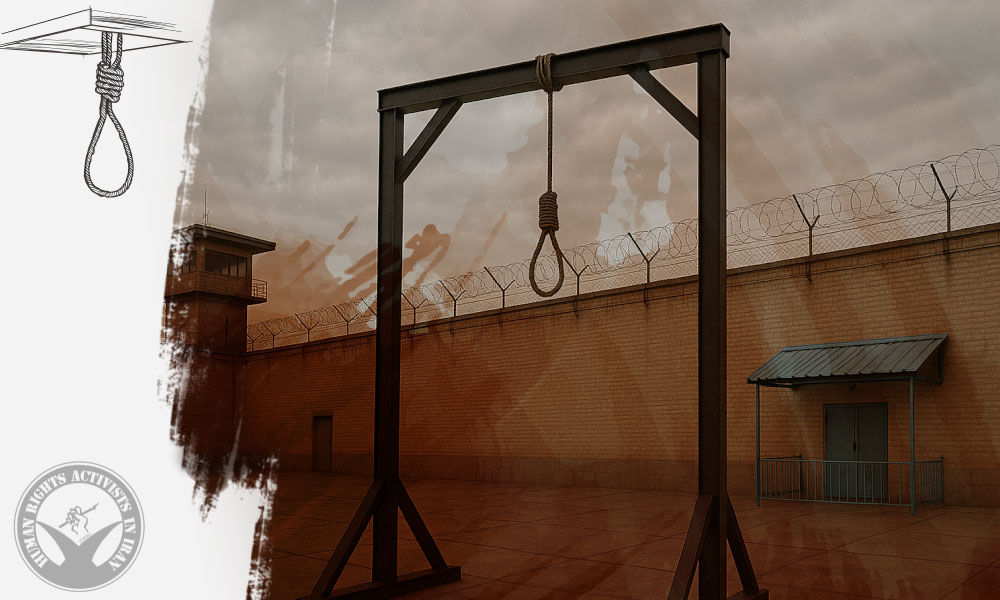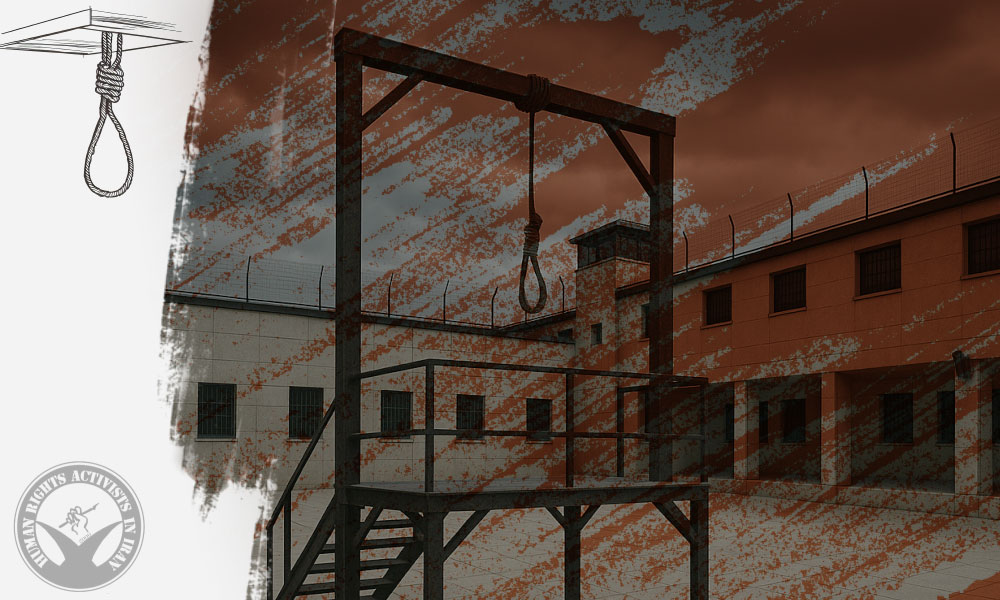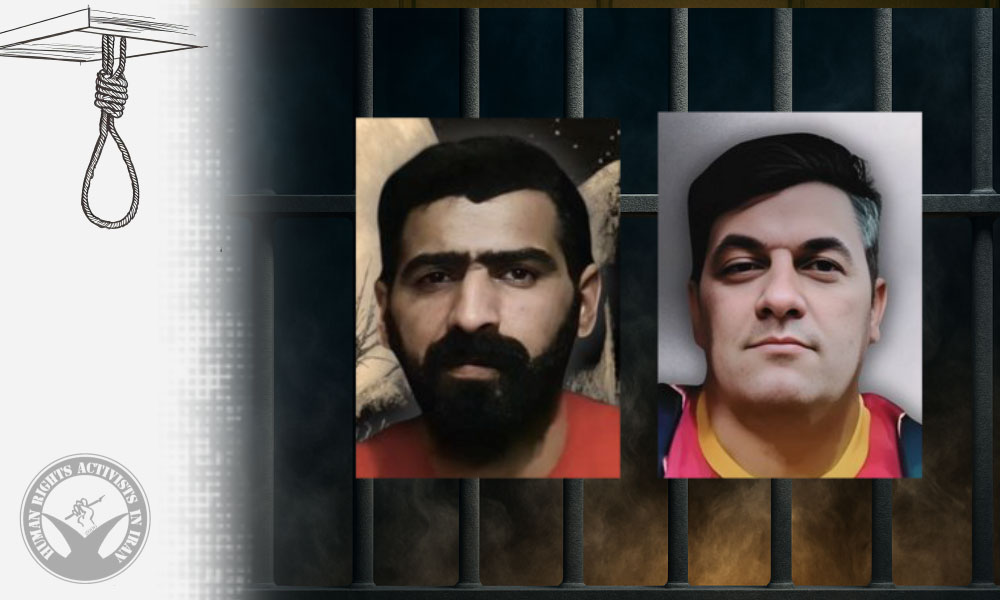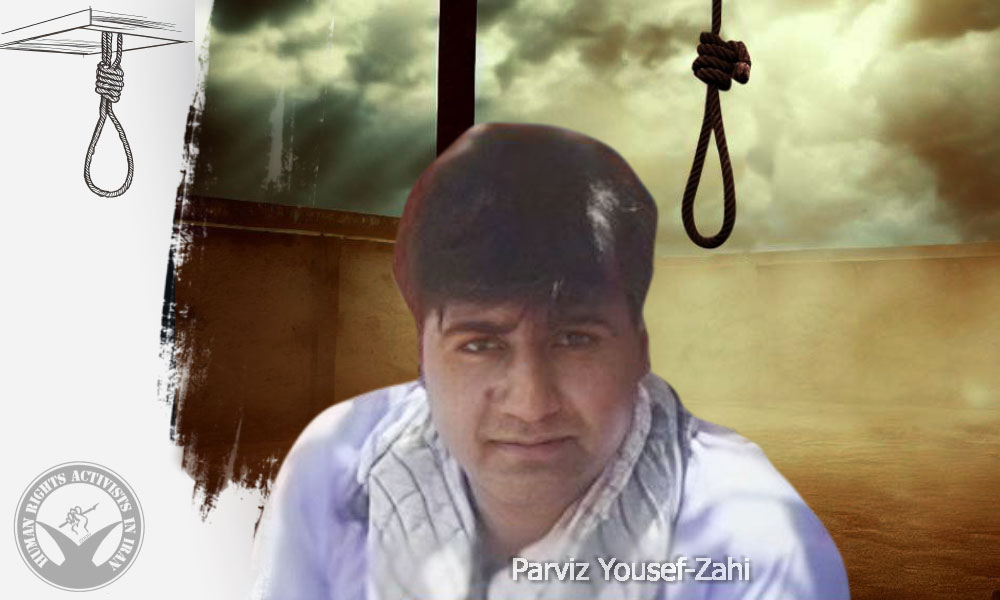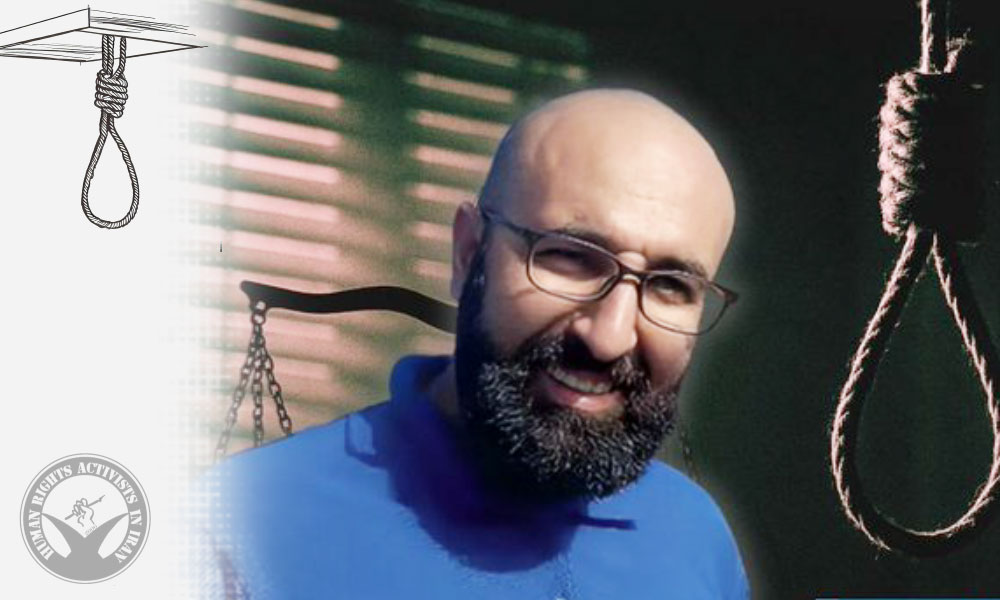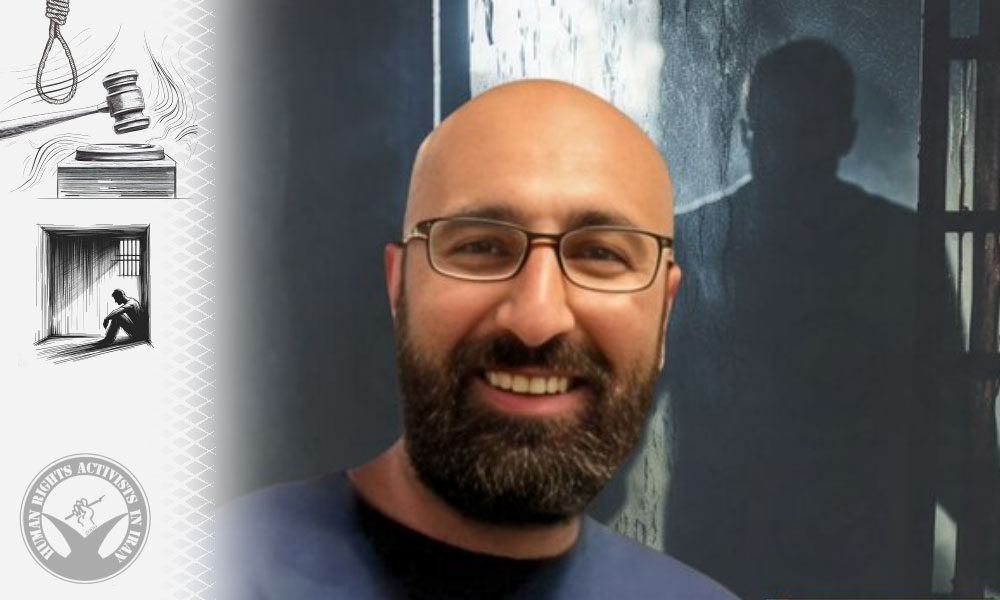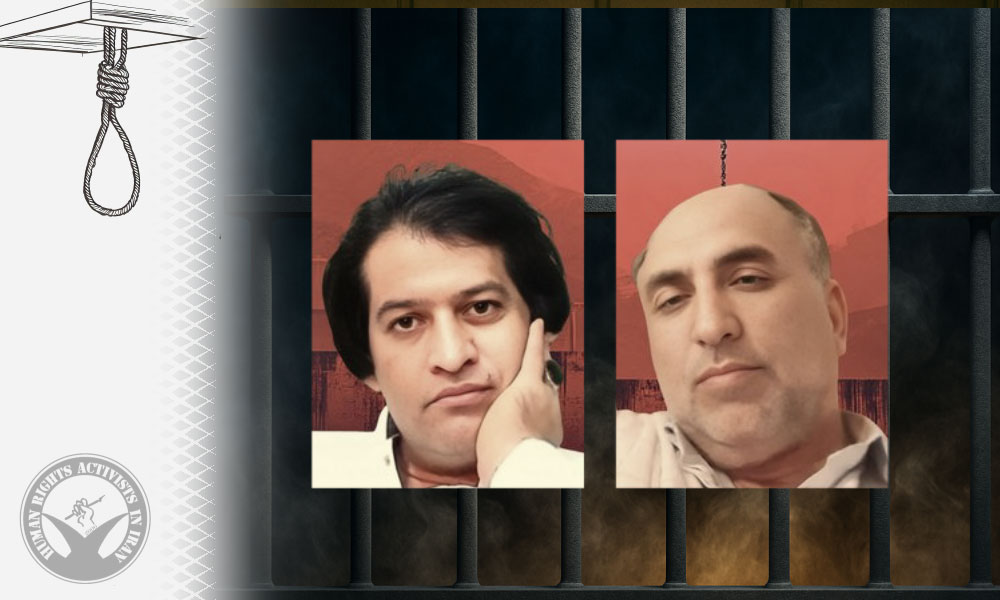HRANA – This morning, Wednesday, the Judiciary’s Media Center announced the execution of Babak Shahbazi on charges of “espionage and intelligence cooperation with Israel.” Shahbazi had been transferred to solitary confinement in Ghezel Hesar Prison in Karaj yesterday.
The Judiciary’s Media Center stated that the execution took place this morning, Wednesday, September 17, 2025, after the Supreme Court upheld the ruling. The report claimed that “Babak Shahbazi worked as a contractor in the design and installation of industrial cooling systems with companies affiliated with telecommunications, military, and security institutions. He was accused of intelligence and security cooperation with Israel and of exchanging information with individuals affiliated with that country. Ultimately, he was sentenced to death on charges of corruption on earth through moharebeh (enmity against God).”
The Judiciary’s news agency also named Esmail Fekri as one of Shahbazi’s associates. He was arrested on similar “espionage” charges and was executed in the same prison on June 16, 2025.
Yesterday, Shahbazi’s brother announced that the political prisoner had been transferred to solitary confinement in Ghezel Hesar Prison. He added that the family, along with relatives, staged a sit-in outside the prison.
Shahbazi’s request for a retrial was recently rejected by the Supreme Court for the third time. His brother had earlier reported that the Ninth Branch of the Supreme Court, presided over by Judge Ghasem Mazinani, had also denied the second retrial request.
On August 19, after 12 days during which his family had no information about his whereabouts, Shahbazi was transferred to the public ward of Ghezel Hesar Prison. His relatives had previously expressed deep concern over being left in the dark about his condition.
BBC Persian had earlier reported that Shahbazi’s death sentence had been confirmed by the Supreme Court for the first time.
Shahbazi was arrested on charges of espionage and sentenced to death. One of the accusations against him included sending a message to the President of Ukraine.
He was detained in January 2024 and initially held in Evin Prison. Following an Israeli airstrike on Evin, he, along with other political prisoners, was transferred to the Greater Tehran Prison before being moved again to Ghezel Hesar.



